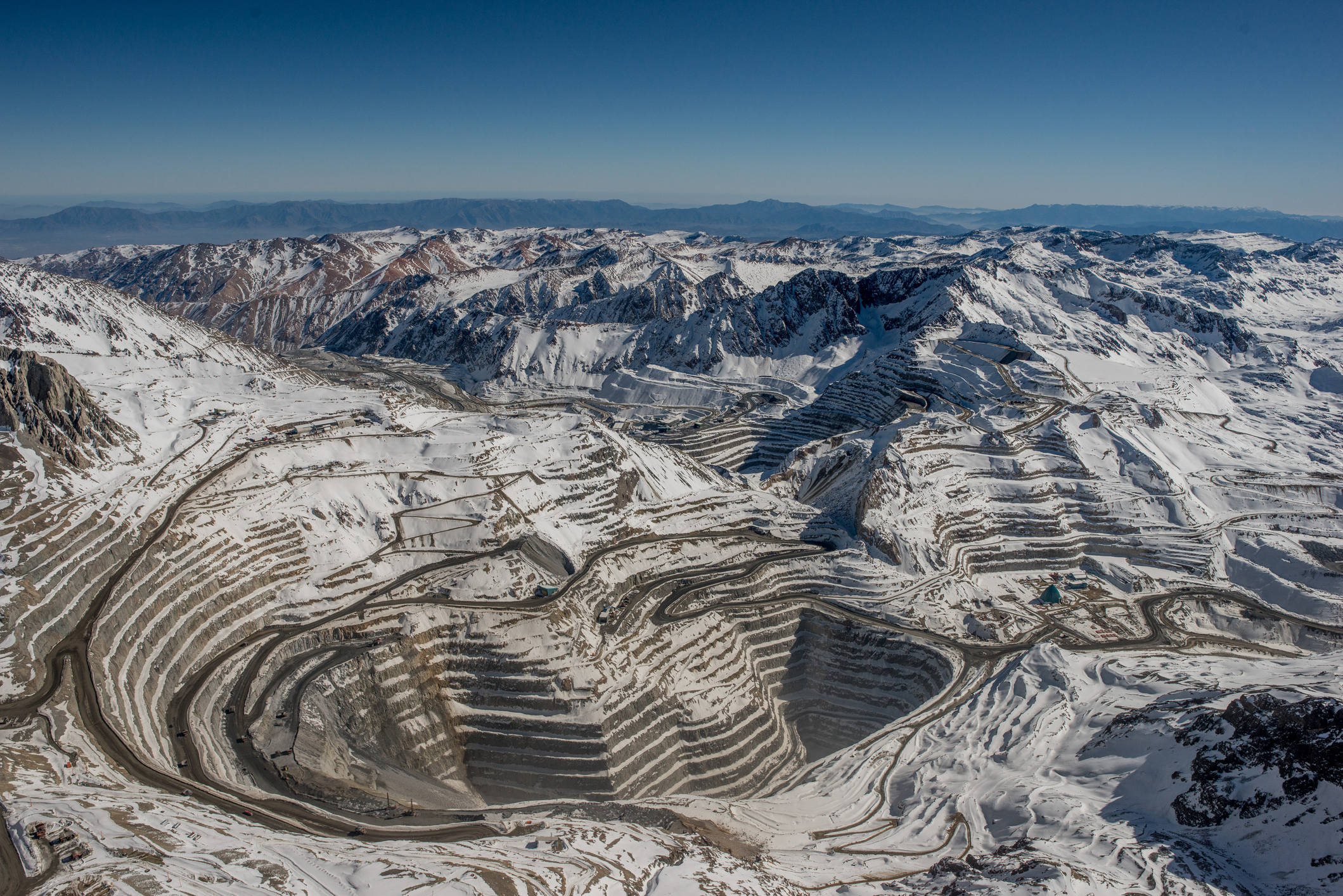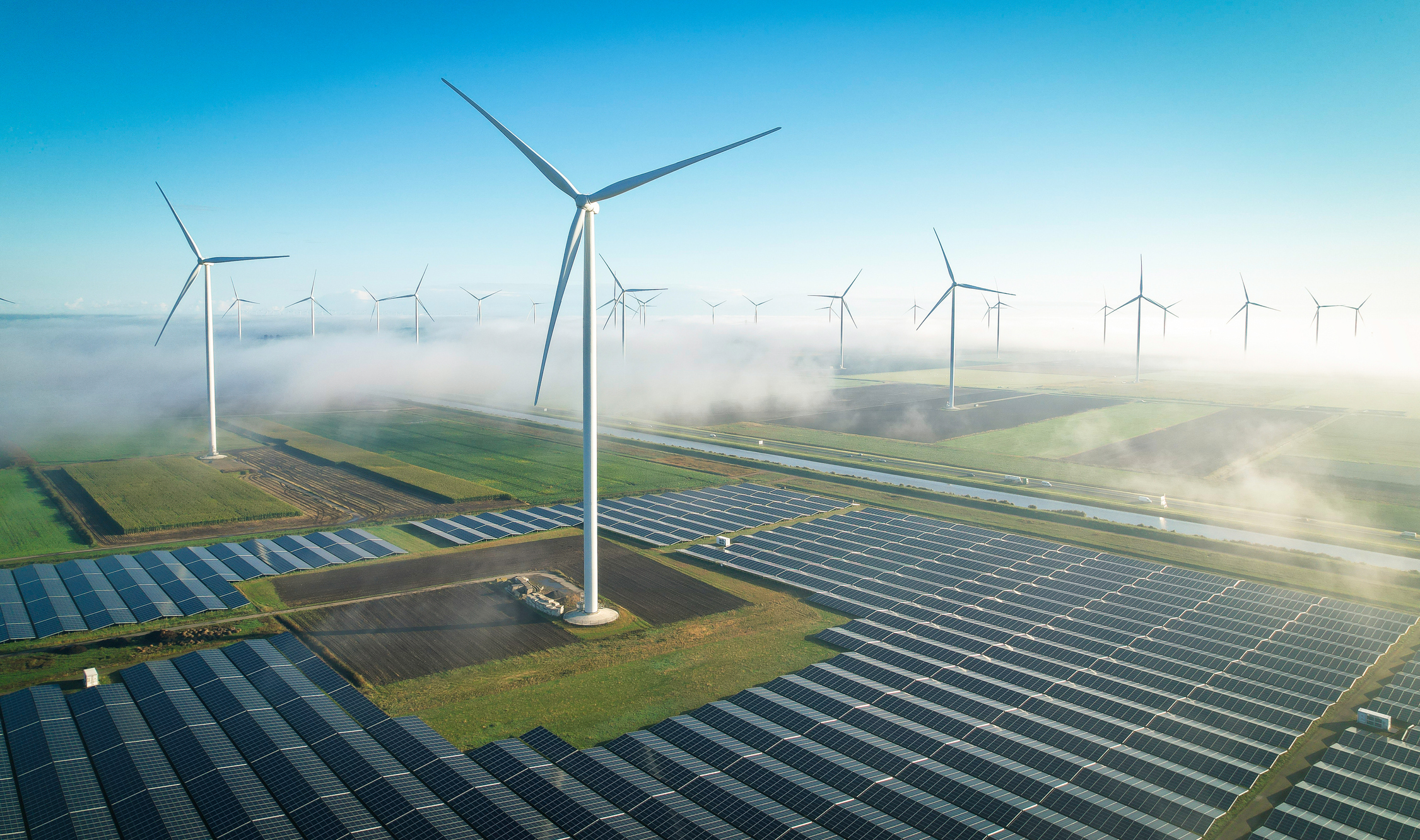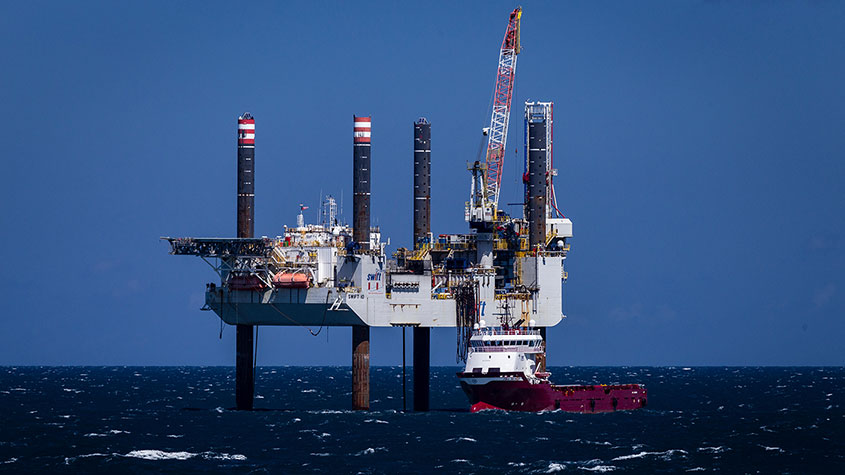Is the market missing the opportunity in energy?

The oil market has seen some severe challenges over the past five years. The pandemic up-ended global supply chains, and economic lockdowns devastated demand for the black gold, sending prices plunging briefly below zero.
As economies reopened and bounced back from the pandemic, oil demand surged, sending prices higher. Then Russia invaded Ukraine, setting off yet another market shock.
The energy market is still recovering from this disruption, nearly two years after the conflict began. Recent events in the Middle East have only compounded market concerns about supply.
Try 6 free issues of MoneyWeek today
Get unparalleled financial insight, analysis and expert opinion you can profit from.

Sign up to Money Morning
Don't miss the latest investment and personal finances news, market analysis, plus money-saving tips with our free twice-daily newsletter
Don't miss the latest investment and personal finances news, market analysis, plus money-saving tips with our free twice-daily newsletter
And in the background, there’s another issue - the world is trying to move away from hydrocarbon energy sources as it attempts to slow the impact of climate change. As this shift gathers pace, some analysts predict oil demand will peak in the next few years.
A challenging market
The oil market has always been challenging to try and predict.
The world consumes around 100 million barrels of oil daily, of which just over a third was produced by the OPEC cartel of oil-producing nations - led by Saudi Arabia - in 2022, according to the US Energy Information Administration (EIA).
OPEC+, which includes Russia, produces half as much again as the core group of OPEC countries. In total, the group of OPEC+ producers produce just under 60% of global oil consumption.
The world’s largest producer is the United States. The EIA estimates the US produced 14.7% of the world’s total output in 2022, compared to Saudi Arabia's 13.2% and Russia’s 12.7%. Middle Eastern producers account for 30% of global output.
This means the bulk of production of the vital commodity is in the hands of just a few producers. Moreover, approximately a fifth of global production moves through the Strait of Hormuz (according to the EIA), meaning any developments affecting this key supply route can have an outsized impact on global oil prices.
Those are the risks on the supply side. On the demand side, oil prices are heavily influenced by global economic activity. Even a slight downturn in economic activity can impact global oil consumption and, in this finely balanced market, impact on prices.
While the outlook for the oil market overall is unclear, there is a growing chance prices will remain elevated and possibly even move higher over the coming months.
Supply constraints are a growing problem for the market
A recent report from the World Bank laid out the challenges facing the market today.
Oil prices have moderated from the peaks seen in the immediate aftermath of Russia’s invasion of Ukraine, an event the World Bank described as “traumatic for commodity markets,” but this should not be interpreted as a sign the challenges have passed.
An escalation of the latest conflict in the Middle East could disrupt up to eight million barrels of oil production a day, both from producers in the region and tankers travelling through the Strait of Hormuz. That could send oil prices above $150 per barrel in the worst-case scenario, according to the World Bank.
Oil prices could also receive support from a lack of investment in the sector. Financial service companies have faced increasing pressure to scale back their investments in fossil fuels to enhance their green credentials. But this is already causing alarm in some circles that a lack of investment will hit oil supply before green energy assets come onstream, putting upward pressure on hydrocarbon prices.
At the beginning of October, OPEC Secretary General Haitham Al Ghais reiterated this warning, saying, "We are... running quite low on spare capacity, we have said this repeatedly, and this requires a concerted effort by all of the stakeholders to see the importance of investing in this industry."
As reported by Reuters, this view was echoed by the CEO of US oil producer Occidental Petroleum, Vicki Hollub, who has warned that low investments will drive energy prices higher.
The opportunity in energy
The outlook for oil prices in the near term is uncertain and depends on how the situation in the Middle East and Eastern Europe develops over the next few weeks and months.
It also depends, to a certain extent, on what happens in the global economy. If the US and Europe slide into a protected recession, oil demand will fall, which could weigh on prices.
However, the outlook for oil prices in the next five years seems far more positive. Oil demand is projected to remain robust throughout the rest of the 2020s, but supply will likely come under pressure due to a lack of investment.
There’s also a high probability the market will see further supply shocks, which will only add upside pressure to prices.
With the risks skewed to the upside, the market may be missing the opportunity in energy.
Your capital is at risk. CFDs are complex instruments and come with a high risk of losing money rapidly due to leverage. 69% of retail investor accounts lose money when trading spread bets and CFDs with this provider. You should consider whether you can afford to take the high risk of losing your money
Get the latest financial news, insights and expert analysis from our award-winning MoneyWeek team, to help you understand what really matters when it comes to your finances.
MoneyWeek’s mission is to bring you news, analysis and information to help you make informed investment decisions as well as bring you the news that matters to your personal finances. From share tips, the latest on fund performances, and personal finances to what is happening in the economy – our team of award-winning journalists and experts will bring you the information that matters. Our content is always fair, and accurate and our editorial is always independent, meaning our writers are not influenced by advertisers in any way.
-
 What do rising oil prices mean for you?
What do rising oil prices mean for you?As conflict in the Middle East sparks an increase in the price of oil, will you see petrol and energy bills go up?
-
 Rachel Reeves's Spring Statement – live analysis and commentary
Rachel Reeves's Spring Statement – live analysis and commentaryChancellor Rachel Reeves will deliver her Spring Statement today (3 March). What can we expect in the speech?
-
 6 stocks to buy to invest in Latin America
6 stocks to buy to invest in Latin AmericaThe region is the world’s one-stop shop, boasting the raw materials required for the energy transition and key foodstuffs to cater for growing populations, says James McKeigue. Here’s how to profit.
-
 The demand for oil is slowing and green energy is taking over
The demand for oil is slowing and green energy is taking overThe IEA forecasts oil demand growth to slow sharply in the next few years. The end of the era may be underway.
-
 Is now the time to invest in oil as oil stocks top the S&P 500?
Is now the time to invest in oil as oil stocks top the S&P 500?Tips Oil stocks have enjoyed massive gains in the S&P 500. We take a look at the index’s best and worst performers and if now is a good time to invest in crude oil.
-
 Fuel prices could rise again as Opec cuts production
Fuel prices could rise again as Opec cuts productionNews Major oil-producing countries have decided to cut oil production by two million barrels per day – could this mean higher fuel prices?
-
 Why is the petrol price rising again?
Why is the petrol price rising again?Brits are being hit by a triple-whammy of increasing oil prices, a falling pound, and new fuel mix standards that are pushing up petrol prices
-
 John Wood Group: needs polish, but has plenty of potential
John Wood Group: needs polish, but has plenty of potentialTips Oilfield engineer John Wood’s share price has underperformed, its prospects are solid and it looks too cheap
-
 Five London-listed stocks to play the coming oil shortage
Five London-listed stocks to play the coming oil shortageTips After peaking in June, the oil price has fallen back and oil companies have fallen out of favour with investors. But with supply predicted to outstrip demand, there are plenty of opportunities to profit. Here, Rupert Hargreaves picks five of the best London-listed oil stocks to buy now.
-
 How to invest in copper, the most important metal in the world
How to invest in copper, the most important metal in the worldCover Story As the world looks to electrify and try to move away from fossil fuels, copper looks set to be the biggest beneficiary. But how can you invest? Rupert Hargreaves analyses the sector.